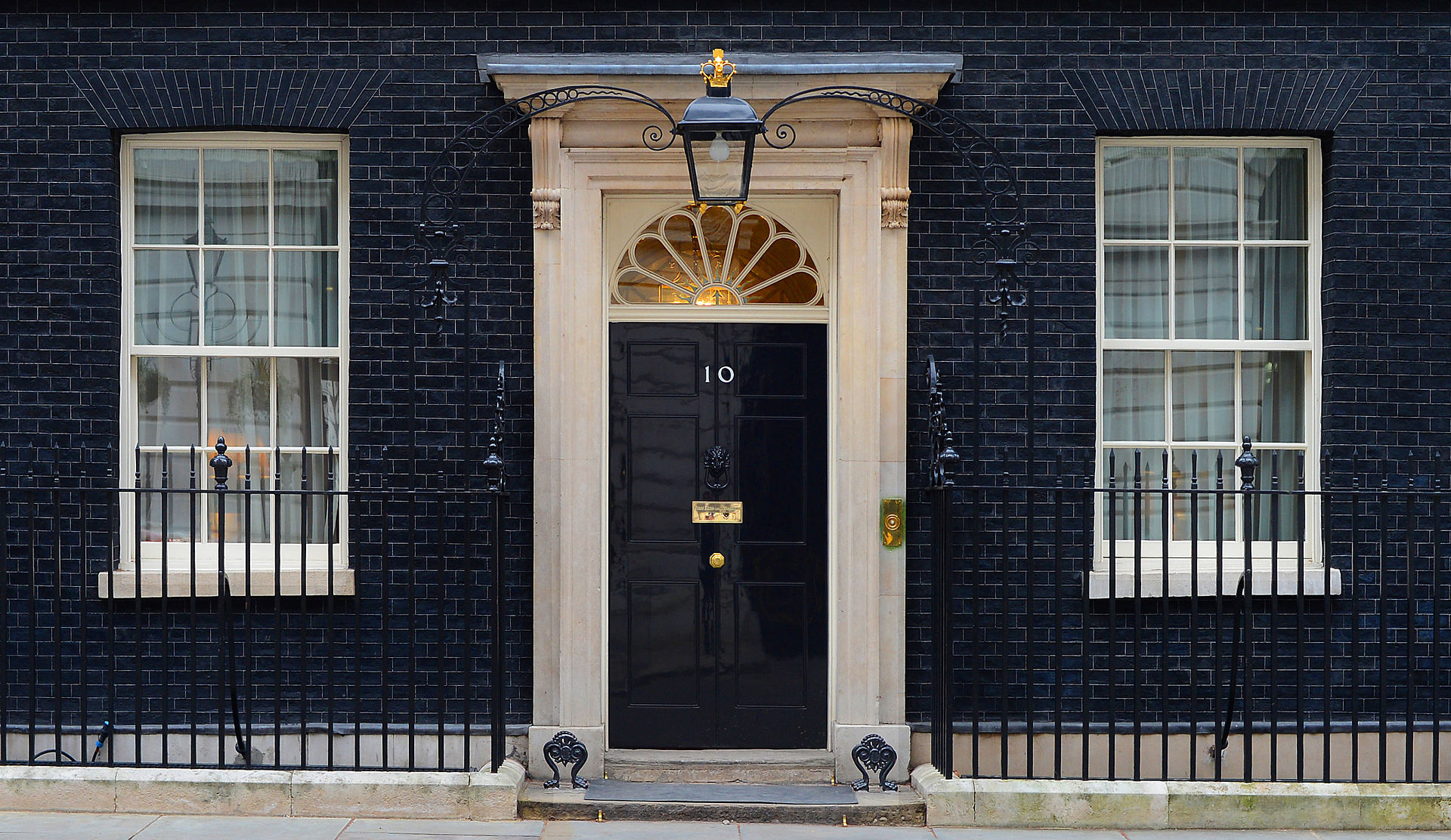DVLA CTO: Government Digital Service should be a consultancy for departments
Iain Patterson says a new-look GDS is nothing to be afraid of

The Government Digital Service (GDS) must evolve, and should become a consultancy for departments driving their own digital change, according to the DVLA's CTO, Iain Patterson.
Whitehall's coding arm has spent four years setting the digital agenda for central government, notching up key victories by digitising commonly used public services and shifting all public body websites over to Gov.uk, projects that helped save 1.7 billion over 2014/15.
But its former director, Mike Bracken, left last month, spurring a diaspora of colleagues (some of whom have joined him in his new place of work, the Co-op), who gave their notice shortly after he did.
It is widely believed that a lack of high-level support for GDS projects was behind Bracken's departure, but Patterson, who is returning to the Cabinet Office after a two-year stint bringing IT in-house at the DVLA, claimed it still retains the backing of the civil service.
Speaking to IT Pro at Oracle OpenWorld in San Francisco this week, he said: "All organisations change, the GDS included; people leave. I'm sad to see Mike go because he was such a powerful figure there, the rockstar in the current government, and someone sorely missed.
"But I think GDS will evolve. It's still got the buy-in, I don't see it fundamentally changing."
Helping, not driving
Get the ITPro daily newsletter
Sign up today and you will receive a free copy of our Future Focus 2025 report - the leading guidance on AI, cybersecurity and other IT challenges as per 700+ senior executives
But it is how that evolution will look that has provoked much recent debate, and Patterson believes it is time for a hands-off approach for GDS under new director Stephen Foreshew-Cain, acting instead as an advisory body for departments building their own digital services.
"GDS can have a consultancy feel, an SI [systems integrator] feel itself," he said. "It's not necessarily about budget, it's 'don't build things and hope they [users] will come'. Look at the best place to build it, if the best place to build things is within the departments then that's the best place for it.
"It's got to evolve the way the market's evolving, it's got to structure itself [in a way] that's far more within the departments doing things themselves, with structure and guidance and help from GDS."
A department-led digital strategy is one of three predictions analyst house Kable made for GDS' future in a report published last month.
Its author, analyst Jessica Figueras, told IT Pro at the time: "Those issues about who's running the show are really important. It used to be a handful of departments. If that happened that would be more of a return to what used to happen in Whitehall. You end up then with a government technology strategy that is quite dominated by large departments and their own needs."
However, Patterson does not think change is a bad thing, arguing GDS should have the freedom to reinvent itself to suit the changing requirements of government.
He said: "People were worried about it because it's change - it's interesting that when the catalyst for change changes everyone gets worried about it, whereas in fact it should be something that should change, it should be able to tear itself up and like a phoenix rebirth itself all the time."
More open to vendors
Despite taking IT back to an internal model at the DVLA after years of outsourcing, Patterson also suggested GDS should become more open to vendors and even big IT firms forming part of the government's IT strategy.
"Where I think we're going is a very agnostic, quality-driven, flexible-driven approach with our software landscape, we're going to be far more knowledgeable around understanding the technologies that are out there - Oracle and the rest of the world," Patterson said.
"[GDS is] probably moving to a new requirement that understands the value of technology as well as that digital landscape."
If departments get a greater say in their own digital roadmaps, and vendors play a part in those roadmaps, mandarins will need to become more knowledgeable about technology as well, he explained.
"Civil servants need to understand as much, if not more, around that technology landscape - people like myself need to know more about it - and plan with that in mind," he said.
The status and role of GDS will continue to change as new staff, Whitehall departments, and the shifting requirements of government influence its future, but Patterson is clear that the body will remain a force for good in government.
He said: "Under Stephen it's got great stewardship. It's always going to be bumpy whilst it's forming itself and going through that change a bit like a butterfly out of the cocoon, but when it comes out it will be effective.
"I'm quite comfortable going back into something that's reforming itself in a constructive way, and it will take the lead and the direction of technology as it's done to date."
-
 Asus ZenScreen Fold OLED MQ17QH review
Asus ZenScreen Fold OLED MQ17QH reviewReviews A stunning foldable 17.3in OLED display – but it's too expensive to be anything more than a thrilling tech demo
By Sasha Muller
-
 How the UK MoJ achieved secure networks for prisons and offices with Palo Alto Networks
How the UK MoJ achieved secure networks for prisons and offices with Palo Alto NetworksCase study Adopting zero trust is a necessity when your own users are trying to launch cyber attacks
By Rory Bathgate
-
 Starmer bets big on AI to unlock public sector savings
Starmer bets big on AI to unlock public sector savingsNews AI adoption could be a major boon for the UK and save taxpayers billions, according to prime minister Keir Starmer.
By George Fitzmaurice
-
 UK government targets ‘startup’ mindset in AI funding overhaul
UK government targets ‘startup’ mindset in AI funding overhaulNews Public sector AI funding will be overhauled in the UK in a bid to simplify processes and push more projects into development.
By George Fitzmaurice
-
 UK government signs up Anthropic to improve public services
UK government signs up Anthropic to improve public servicesNews The UK government has signed a memorandum of understanding with Anthropic to explore how the company's Claude AI assistant could be used to improve access to public services.
By Emma Woollacott
-
 US government urged to overhaul outdated technology
US government urged to overhaul outdated technologyNews A review from the US Government Accountability Office (GAO) has found legacy technology and outdated IT systems are negatively impacting efficiency.
By George Fitzmaurice
-
 Government urged to improve tech procurement practices
Government urged to improve tech procurement practicesNews The National Audit Office highlighted wasted money and a lack of progress on major digital transformation programmes
By Emma Woollacott
-
 Government says new data bill will free up millions of hours of public sector time
Government says new data bill will free up millions of hours of public sector timeNews The UK government is proposing new data laws it says could free up millions of hours of police and NHS time every year and boost the UK economy by £10 billion.
By Emma Woollacott
-
 Three giant tech challenges the UK’s new government faces right now
Three giant tech challenges the UK’s new government faces right nowOpinion Five years starts now, and there’s not a second to waste
By Steve Ranger
-
 G-Cloud 13: UK government 'inhibiting' cloud SMEs' ability to adapt to harsher business landscape
G-Cloud 13: UK government 'inhibiting' cloud SMEs' ability to adapt to harsher business landscapeNews Suppliers on the cloud services portal have hit out at an extension to the current iteration of G-Cloud
By Ross Kelly